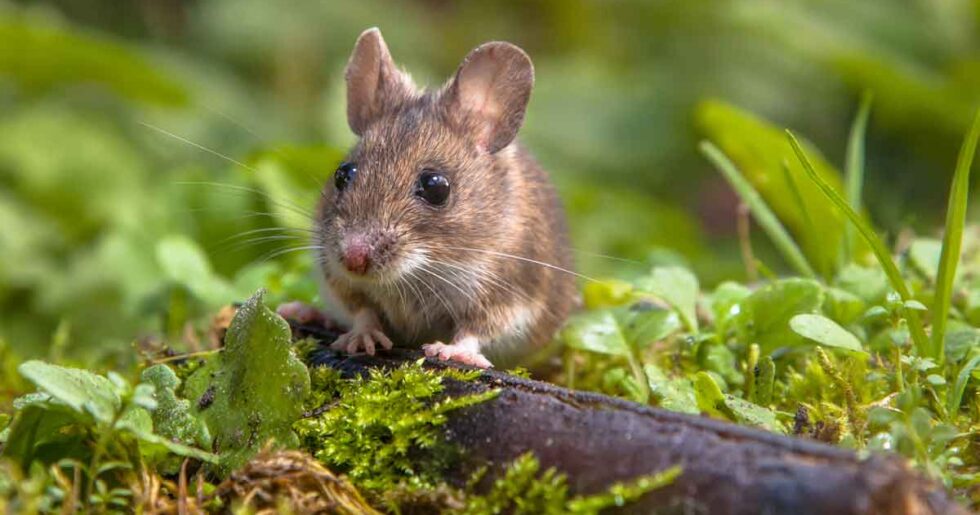
- November 3, 2024
- by Competitive Cuts LLC
- Pest Control
Rodents like mice, rats, and squirrels can wreak havoc on your yard and garden. Not only do they damage plants and lawns, but they can also attract predators or invade your home. To keep your outdoor space rodent-free, follow these simple steps:
1. Eliminate Food Sources
Rodents are drawn to easy meals, so keeping your yard free of food sources is critical:
- Secure Trash Cans: Use bins with tight-fitting lids and store them off the ground if possible.
- Clean Up Debris: Remove fallen fruits, nuts, or seeds from trees and bird feeders.
- Limit Pet Food Access: Avoid leaving pet food outside overnight, as it attracts rodents.
2. Remove Hiding Spots
Rodents love dark, secluded areas to hide and nest.
- Trim Overgrown Plants: Keep shrubs and bushes neatly trimmed and away from your home’s foundation.
- Clear Yard Clutter: Remove piles of wood, leaves, and other debris where rodents could build nests.
- Maintain a Clean Lawn: Regularly mow the grass and remove weeds to minimize cover.
3. Seal Entry Points
Prevent rodents from entering your home or outbuildings by sealing potential entryways.
- Check for Holes: Inspect your home’s foundation, siding, and roof for gaps or cracks and seal them with caulk or steel wool.
- Protect Vents: Cover vents and chimneys with metal mesh to keep rodents out.
- Install Door Sweeps: Ensure exterior doors close tightly, and use door sweeps to seal gaps.
4. Use Natural Deterrents
Certain scents and plants can help repel rodents.
- Peppermint Oil: Soak cotton balls in peppermint oil and place them in rodent-prone areas.
- Plant Deterrents: Add plants like mint, lavender, or marigolds to your garden, as rodents dislike their smell.
- Predator Decoys: Install fake owls or snakes in your yard to scare off small rodents.
5. Set Traps or Use Barriers
For persistent rodent problems, consider using traps or physical barriers.
- Rodent Traps: Use humane traps to capture and release rodents away from your property.
- Garden Fencing: Install mesh or wire fencing around gardens to protect plants from nibbling pests.
- Mulch with Care: Avoid using thick, organic mulches, as they can provide shelter for rodents; consider gravel or stone mulch instead.
6. Keep Compost Piles in Check
Composting is great for your garden but can attract rodents if not properly managed.
- Use a Closed Bin: Opt for a rodent-proof compost bin with a secure lid.
- Avoid Food Scraps: Do not compost meat, dairy, or oily foods that can lure rodents.
- Turn the Compost Regularly: Aerate the pile to discourage rodents from nesting.
7. Call the Professionals
If rodents persist despite your efforts, it may be time to call in the experts. Pest control services can identify problem areas and implement long-term solutions tailored to your yard.






